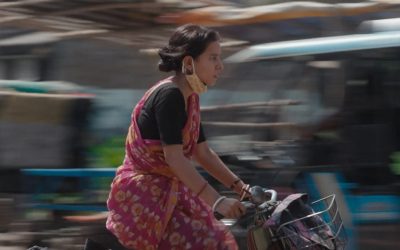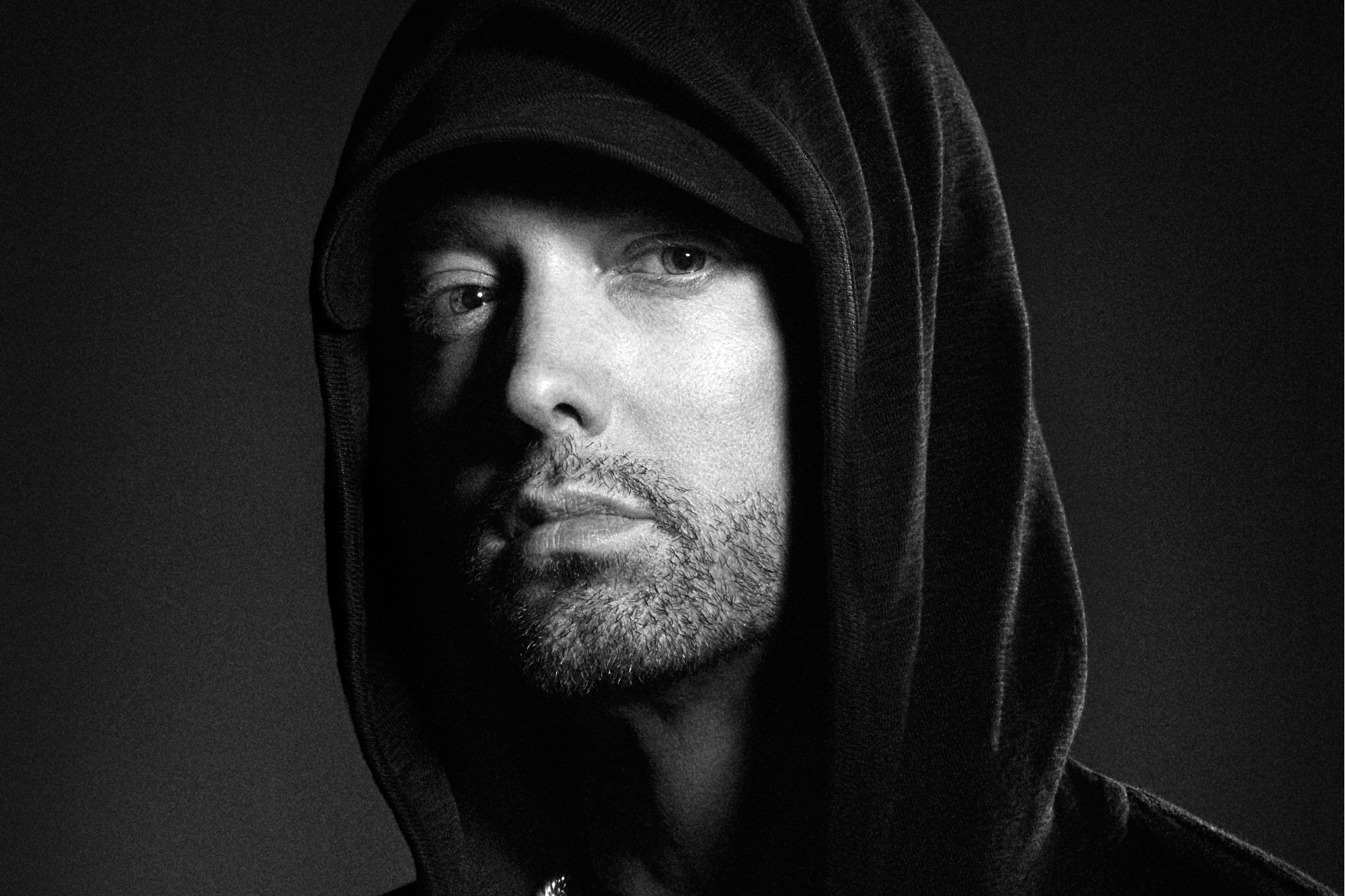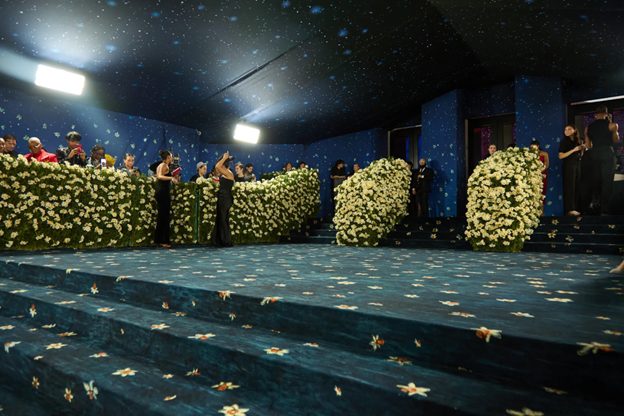
Shadowbox Is A Portrait of Quiet Strength in the Chaos of Kolkata
In Shadowbox (Baksho Bondi), Actor Tillotama Shome brings to life Maya, a woman who juggles endless responsibilities—caring for her home, earning a living, and looking after a husband struggling with PTSD. She moves through the chaos of Kolkata with quiet resilience, never seeking sympathy, only pushing forward.

Kolkata has long been a city of contradictions, often described in extremes. Yet, in this Bengali-language film, the city is not a character of noise and upheaval but of quiet struggles and buried tensions. Recently premiered at the Berlin Film Festival, Shadowbox marks the directorial debut of Saumyananda Sahi and Tanushree Das, known for their work in deeply affecting cinema.
Maya’s world begins to unravel when her husband, Sundar, disappears and is linked to a murder investigation. Yet even in crisis, she does not crumble. Her exhaustion, fears, and determination play out in subtle expressions, never through dramatic declarations. Her struggles are distilled into a single piercing question: “Am I not a human?” It’s not a cry for help—it’s a simple demand for recognition.
The film captures the relentless demands placed on working women, showing how survival often leaves no room for self-reflection. When the police demand that Maya drop everything to search for Sundar, she refuses. Work comes first. There are no grand speeches about her struggles, no excess sentimentality—just life moving forward, whether she’s ready for it or not.

Born during the pandemic, the film carries an unshakable undercurrent of hope. With 17 producers, including actors, filmmakers, and industry veterans, Shadowbox came to life through collective effort, reflecting the resilience of its characters both on and off screen.
Rather than relying on overt explanations, the film trusts its audience to piece together emotions and meaning. It avoids the pitfalls of modern cinema’s tendency to over-explain, instead allowing viewers to project their own experiences onto its elliptical storytelling.
At the heart of the film is Debu, Maya’s teenage son, torn between a mother holding everything together and a father who isolates him from his peers. His only escape is dance—an act of quiet defiance in a world that offers little space for self-expression.
Sundar’s PTSD is never boxed into a singular cause. Mental distress exists on a spectrum, shaped by personal battles rather than singular events. His struggle isn’t just about war but about identity, expectations, and a world that no longer fits him.
Shadowbox does not seek to answer questions or provide easy resolutions. It simply observes. Maya is not a hero, nor is she extraordinary. She is a woman doing whatever it takes to keep her world from collapsing. In that quiet endurance lies the film’s most powerful truth.
POST A COMMENT
You must be logged in to post a comment.















